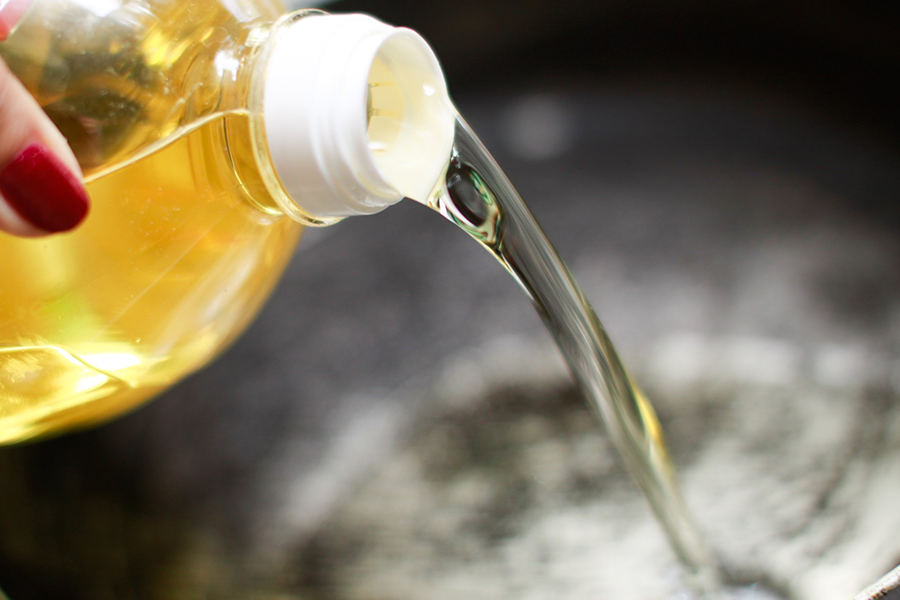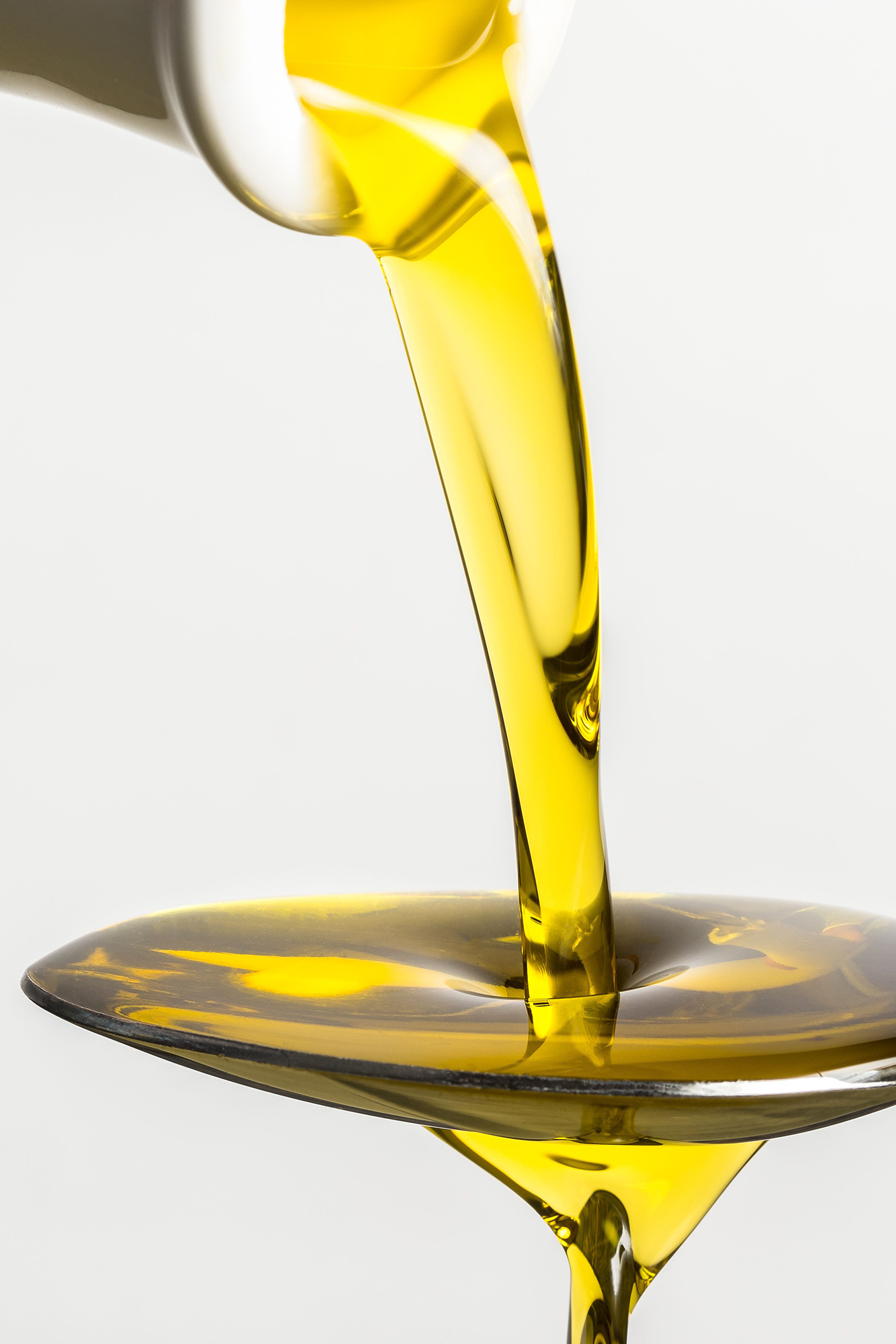Restaurants and other businesses use a lot of cooking oil. After the chef has fried and sautéed food, they discard the used oil down the drain or into the garbage. But there are other ways to reuse your used cooking oil — and there are multiple benefits to recycling them. We’ll cover some of them here in this blog ahead, also why it’s essential to opt for cooking oil recycling.
Why Do We Need to Recycle Cooking Oil
Used cooking oil recycling and disposal are everywhere in restaurants and at home. It’s considered the most common type of cooking fat used worldwide. It’s a staple at every kitchen counter because its cost is significantly less than vegetable oils. The main reason why people don’t think about recycling their cooking oil is that they’re unfamiliar with all the benefits that can accompany it such as energy savings and natural lubricants.
Cooking oil is a common staple in our kitchen, but many of us would be glad not to deal with wasting this cooking oil after usage. Rather than add to the amount of waste in landfills and on public streets, restaurateurs can opt for recycling used cooking oil instead.
What is Cooking Oil Recycling
Cooking oil recycling means the old used oil goes through some filtration process so it can be used again instead of being wasted. Cooking oil is used in more than just food preparation. It’s used in a variety of industries, from the financial sector to manufacturing to transport. Regardless of the role, it plays in your daily life, there’s no denying that cooking oil is created and used by millions of people every day – both across the country and around the world.

Unfortunately for many, cooking oil is thrown away after being used for one purpose or another – often with no regard for recycling or other means of returning it to nature.
Process of Recycling Cooking Oil
Oil recycling is a process where used cooking oil is collected in an oil recycling container. Later it goes through a series of processes to extract its useful properties. This is called separation, refining, and collecting in a convenient form. If it goes to a processor, the anaerobic digestion process will break down the oil and any other organic ingredients without oxygen into a gas that can be used as alternative energy. The gas can also be sold to power plants or even vehicles. In some places, restaurants and food vendors are required by law to recycle waste oil properly, and many companies take care of it for them one such company is Western Professional, which is a registered oil recycling company in Greater Los Angeles.
Importance of Recycling Cooking Oil
Everyone cooking in restaurants should be aware of the importance of restaurant cooking oil recycling. Chefs need to collect the used oil and send it for the recycling process, but only a few restaurants are doing this. This is a waste and can be detrimental to the environment. Cooking oil is becoming increasingly difficult to dispose of properly as more restaurants are using it to prepare multiple dishes. This problem is even worse in many areas where there are hundreds of thousands of restaurants that use cooking oil in their daily operations. The Food and Drug Administration (FDA) doesn’t permit restaurants to throw out such huge amounts of used cooking oil since it poses a great risk if someone were to ingest it; poisonings have occurred with some food items that were discarded without being processed correctly or properly disposed of.

Benefits of Recycling Cooking Oil
Oil recycling is an area of focus for many countries because it helps reduce greenhouse gases, oil spills, and other harmful substances that could harm humans, animals, and the environment. Oil is found in many places, but the landfills that recycle oil often do so with heating and power plants. There are several oil recycling techniques throughout the world. Oil recycling is an important part of our lives which is why we should make sure to recycle cooking oil properly. Of course, we need oil both for cooking and other purposes. There are a lot of ways you can recycle your oil, and not only does it benefit the environment, but it also helps to use that oil again. Many haven’t heard of waste oil recycling before, but having a good knowledge of its importance carries incredible environmental benefits.
Conclusion
Cooking oil is a common staple in our kitchen, and rather than adding to the amount of waste in landfills and on public streets, restauranteurs can opt for recycling used cooking oil instead. If you are also looking for oil recycling near me, you can connect to Western Professional which provides the best cooking oil recycling services for people in South California and Greater Los Angeles. This company provides professional services and is ready to help you any time you need them for your cooking or recycling needs.
